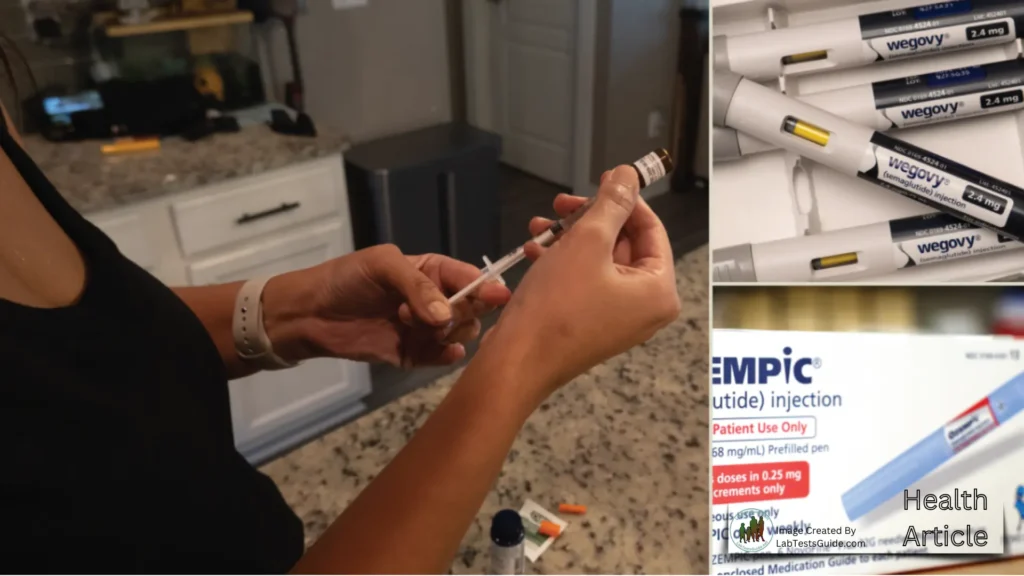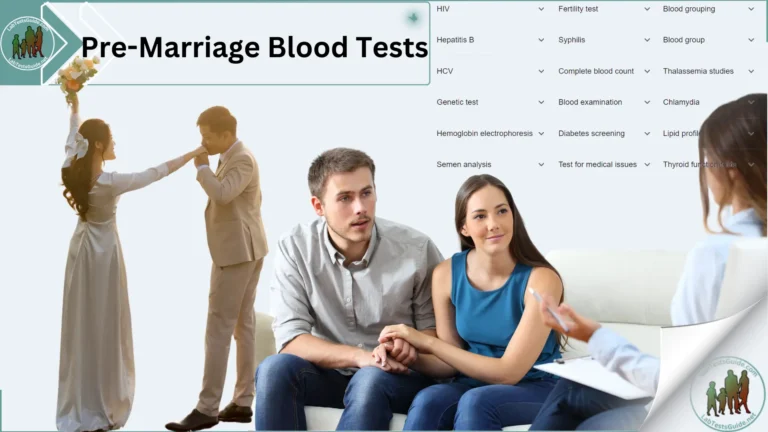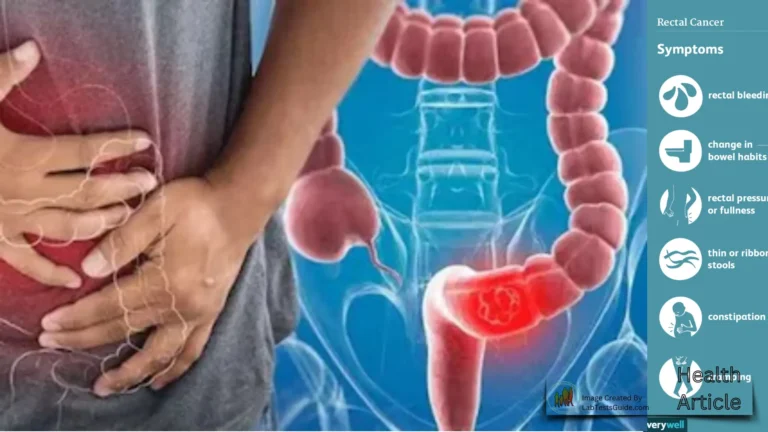Are Weight Loss Drugs Like Ozempic and Wegovy Safe for Kids?
As weight loss drugs like Ozempic and Wegovy gain popularity among adults, questions are emerging about their safety and effectiveness for children and adolescents. While these medications, known as GLP-1 receptor agonists, have shown promising results in addressing obesity, experts urge caution when considering their use in younger populations due to limited long-term research.

The Rise of Weight Loss Drugs
Originally developed for managing Type 2 diabetes, GLP-1 receptor agonists have become a popular option for weight management. They work by mimicking hormones that suppress appetite and control blood sugar levels. Recent studies reveal that adults using these drugs, such as Wegovy and Saxenda, can achieve significant weight loss, with some losing more than 20% of their body weight. Their popularity has surged, even leading to the emergence of counterfeit versions.
Obesity in Children and Adolescents
In the United States, approximately one in five children is affected by obesity, a condition that often persists into adulthood and increases the risk of serious health problems. Recent data from the University of Michigan found that more than 30,000 adolescents aged 12 to 17 were prescribed GLP-1s in 2023. Wegovy, a weight-loss drug approved by the FDA for children as young as 12, represents a shift in early intervention strategies.
Potential Benefits and Risks
Research indicates that GLP-1 drugs can be effective and relatively safe for children and teens in the short term. Studies, including one on Saxenda for children aged 6 to 12, have shown promising results in reducing weight. Experts believe these drugs could serve as a valuable tool in combating childhood obesity, particularly when combined with healthy lifestyle changes.
However, there are concerns about their long-term safety and impact on development. Adolescence is a critical period for growth, including bone mineralization, muscle development, and neurological changes related to energy balance. Some researchers warn that altering the body’s natural processes during this stage could have unforeseen consequences.
Dr. Suzanne Straughn, a pediatrician, emphasizes the need for more extensive research: “Both in kids and adults, we just don’t know. These medications are new enough that we need more time.”
The Brain’s Hunger Switch
Recent studies on the brain’s appetite-regulating mechanisms provide insights into how GLP-1 drugs work. Research published in Nature Metabolism highlights the role of thyrotropin-releasing hormone (TRH) neurons in suppressing hunger. These neurons inhibit Agouti-related peptide (AgRP) neurons, which drive feeding behavior. GLP-1 drugs activate these pathways, reducing appetite and promoting weight loss.
These findings underscore the potential of targeting specific neural circuits for obesity therapies. However, they also highlight the complexity of the brain’s role in regulating appetite and energy balance, suggesting that more precise interventions could minimize side effects.
Guidance for Parents
Parents considering GLP-1 drugs for their children should weigh the benefits against potential risks. Dr. William Cooper, a pediatrics professor, advises that while these medications can be beneficial in specific cases—such as severe obesity or early signs of diabetes—careful monitoring is essential. He stresses the importance of maintaining a balanced diet and active lifestyle alongside medication use.
Cooper also reminds parents that obesity is not a failure of willpower but a biological condition. “Nobody should be ashamed of it,” he says. “Parents should understand that they shouldn’t blame themselves or their kids for being overweight.”
Conclusion
The emergence of GLP-1 drugs marks a significant advancement in obesity treatment, offering hope for millions struggling with weight management. For children and adolescents, these drugs present an opportunity for early intervention but require careful consideration of their developmental impacts. As research continues, balancing short-term benefits with long-term safety remains a priority for both parents and healthcare providers.
References
- Are weight loss drugs like Ozempic, Wegovy safe for kids? – AP news – (Accessed on Dec 10, 2024)
- Weight loss drugs are all the rage. Are they safe for kids? – Medical Express – (Accessed on Dec 10, 2024)
- Age and the new weight-loss drugs – Yahoo News – (Accessed on Dec 10, 2024)
- The brain’s hunger switch: TRH neurons hold the key to obesity therapies – Washing Ton Post – (Accessed on Dec 10, 2024)
Possible References Used







